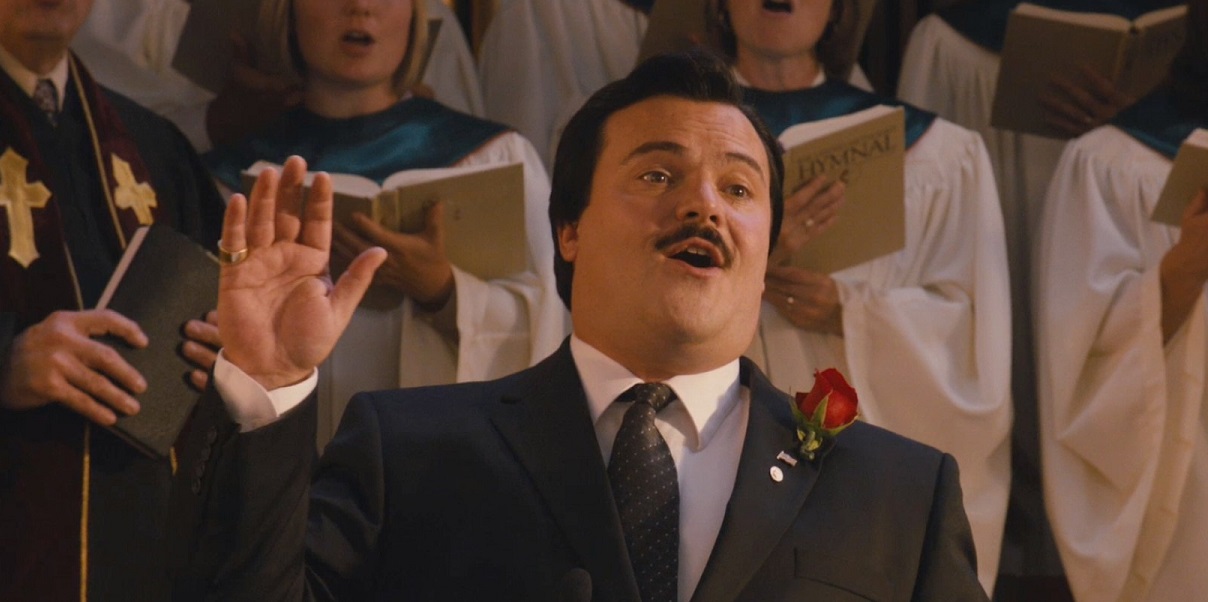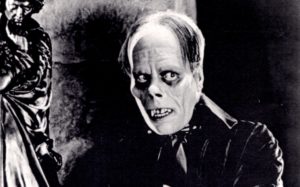

The season of Lent and the approach of Easter is a time that I find myself meditating on the human capacity for evil. I am a person who often appreciates themes from my personal faith through art and literature. As such, I have lately been thinking of two works in particular that sharply contrast with each other in their characterizations of evil.
The TV show Hannibal (2013) has been recommended to me several times by friends and acquaintances. It is a popular show, and those who have recommended it to me talk about being fascinated by the concept of “pure empathy” characterized by the main character Will Graham (Hugh Dancy). However, the show bothered me immensely for one particular reason. Amidst the murder mysteries and pseudo-philosophical conversations between the main characters was the message that it takes someone special–in this case, the main character, Hannibal Lecter (Mads Mikkelsen)–to commit acts of great evil. Not only does it take someone special to commit evil, it takes someone special to be able to understand, or empathize with, the capacity for evil. It makes sense to me that the show is popular. The characterization that evil and genius accompany each other and that both are beyond the reach of the average human makes for an intriguing story. However, it is not an honest portrayal of evil.
In 1963, political theorist Hannah Arendt published Eichmann in Jerusalem: A Report on the Banality of Evil, her assessment of the trial of Adolf Eichmann, which she reported on for The New Yorker. Eichmann had been a major organizer of the Holocaust and was responsible for the death of over six million Jews. Arendt recounts how many of those involved in the trial, as well as the public, expected Eichmann to be some kind of mad genius. However, Eichmann was not only found to be mentally sound according to his psychological evaluation but also had a pretty boring, managerial personality. Arendt coined the term “banality of evil” to describe her theory that evil appears as more ordinary than we would like to believe.

Bernie (2011) is one of my favorite films and, I believe, a much-needed depiction of the banality of evil. The titular character, Bernie Tiede (Jack Black) is a small town assistant funeral home director and beloved pillar of the community. When his strange friendship with local widow Marjorie Nugent (Shirley MacLaine) leads to her murder, the town is thrown into chaos. For most of the townsfolk, the immediate reaction to news of the murder of Marjorie Nugent is denial. Bernie is one of the sweetest, kindest people they know, embodying the community’s most cherished ideals of compassion and neighborliness. Marjorie Nugent had lived a life that was selfish and hateful; her presence was not exactly missed.

The reason the community of Carthage, Texas, did not want to accept that their own Bernie Tiede was a murderer was because it hit too close to home. Bernie was the best of them. If he was not beyond evil, then who was?
I think shows like Hannibal are so popular because it is easier to believe that people capable of great evil are very different from the rest of us, and that evil is too strange to be comprehended by the average mind, lurking in the recesses of civilization like the Phantom of the Opera. What is less comfortable to accept is that the capacity for evil exists within all of us and that when we meet it, it could be as familiar and easy to accept as a sweet neighbor boy like Bernie.



![[REVIEW] ‘SPIDER-MAN: SPIDER’S SHADOW #1’ IS MORE THAN A ‘WHAT IF’](https://geekd-out.com/wp-content/uploads/2021/04/SpidersShadowBanner-150x150.jpeg)